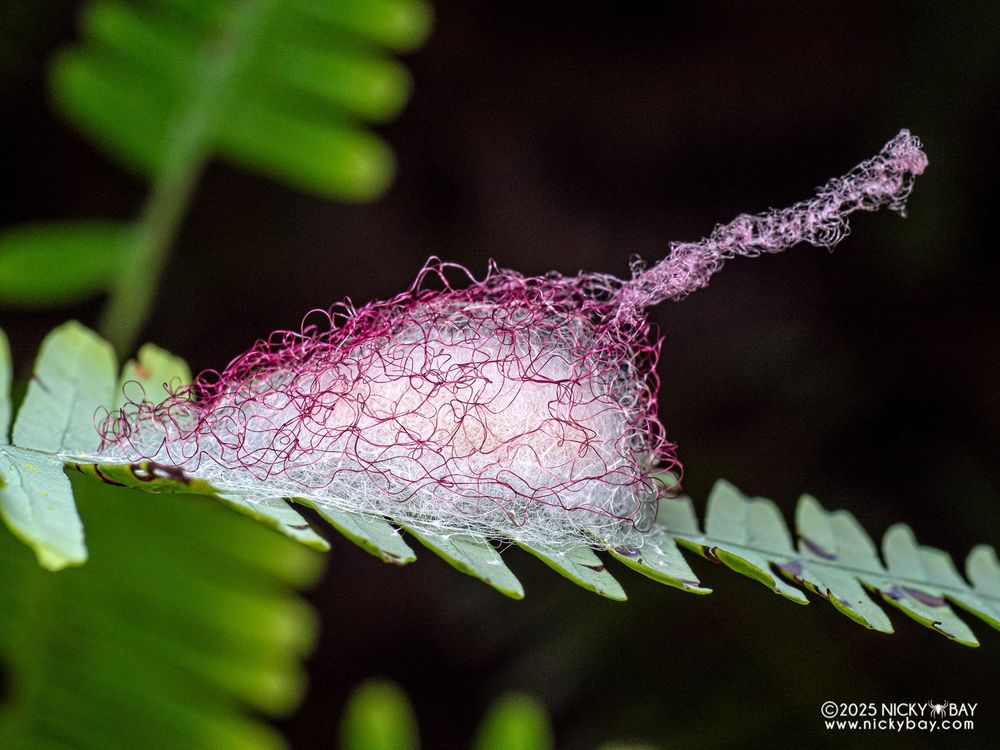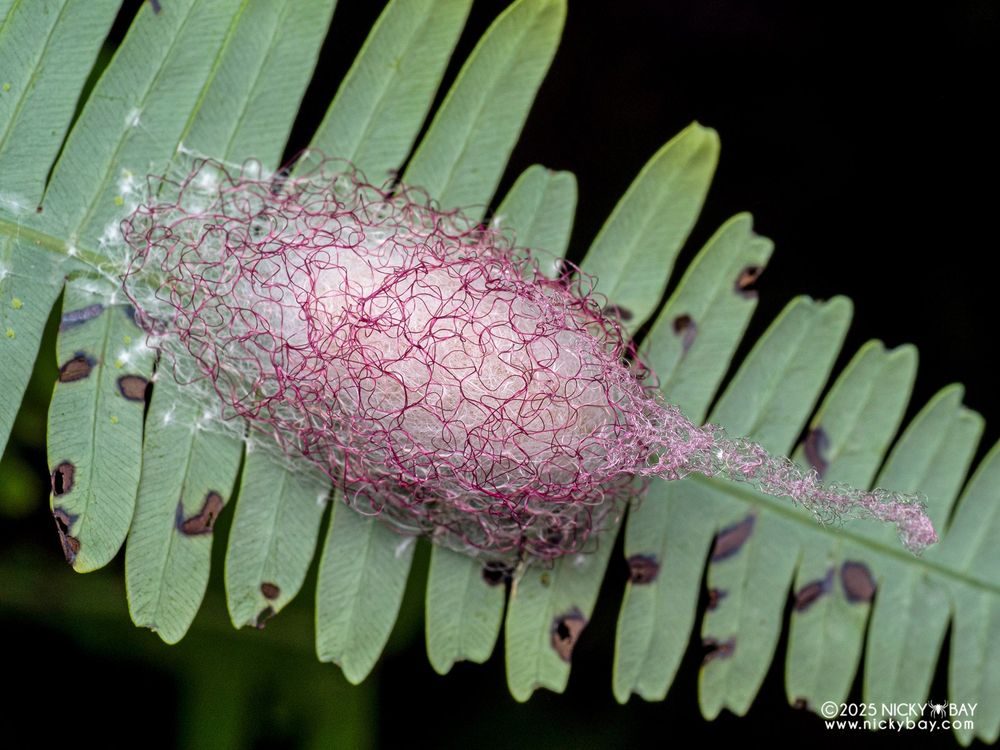Nicky Bay
@nickybay.bsky.social
2.9K followers
100 following
44 posts
Macro photographer, cat slave, dedicated to flood your feed with cool spiders, insects, snakes, or anything small that moves.
Posts
Media
Videos
Starter Packs
Nicky Bay
@nickybay.bsky.social
· Jul 16
Nicky Bay
@nickybay.bsky.social
· Jun 7
Nicky Bay
@nickybay.bsky.social
· Jun 7
Nicky Bay
@nickybay.bsky.social
· Apr 14
Nicky Bay
@nickybay.bsky.social
· Apr 12
Nicky Bay
@nickybay.bsky.social
· Apr 12
Nicky Bay
@nickybay.bsky.social
· Feb 14
Nicky Bay
@nickybay.bsky.social
· Jan 16
Nicky Bay
@nickybay.bsky.social
· Dec 29

Macro Highlights – The Best of 2024 - Macro Photography by Nicky Bay
2024 has been a very special year. For many of us, going to another country for macro photography is a huge endeavor which involves a myriad of work and family logistics planning while we are away. Mo...
www.nickybay.com
Nicky Bay
@nickybay.bsky.social
· Dec 21































